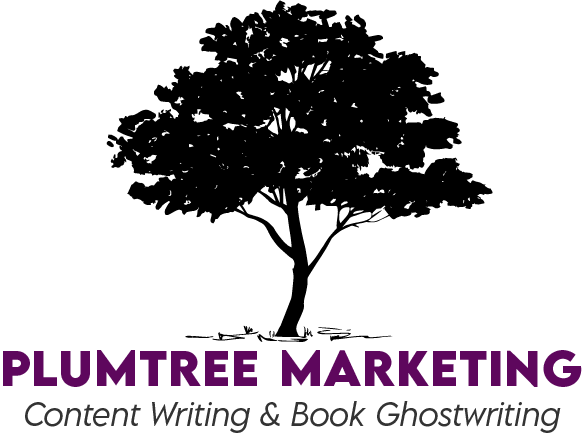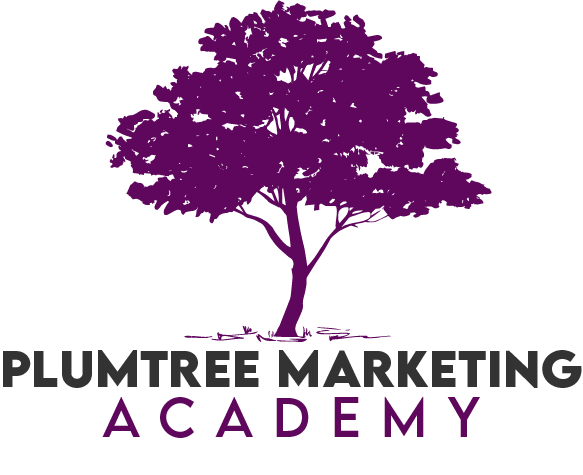What’s a great way to brag about your work without coming across as boastful? Use case studies, which are real-life success stories about your business. Done well, case studies can be very powerful marketing pieces, because they provide a huge level of believability. Case studies bring your concepts to life, let your successes speak for themselves, and provide prospects with strong reassurance that whatever you’re selling really does work.
Gain instant credibility
People like to identify with their peers. When I write case studies, I do so based on telephone interviews with your client, because being able to quote the person that you helped makes a case study even more powerful. This way it’s not you saying your products solve problems and provide benefits. It’s your customers who are talking about exactly how your company solved specific problems for them.
Plus, with this interview-based approach, instead of simply writing something like, “We helped ABC company substantially reduce their costs,” your case study can feature direct quotes such as, “The impact of their work has blown us away. They slashed $335,000 from our annual costs!”
There are three popular formats for case studies
#1: “Factual” format – The “factual” format is usually presented under subheads such as “Background,” “Problem,” “Solution” and “Result.” These case studies work because they explain, in a straight-forward way, how your company’s products or services actually helped a particular customer.
#2: “Story” format – Case studies written in a “story” format read like magazine feature stories. “Story” case studies work because they’re interesting and emotionally engaging.
#3: “Hybrid” format – This is my favorite because it combines the best of both worlds. These case studies tell a story, often using first-person quotes from the client who was helped, but present this story within the “Background, Problem, Solution, Result” framework.
Regardless of what format you use, the idea is not necessarily to present every little detail. Your goal is usually to tell enough of the story to get your point across, but not so much as to make the case study seem overly narrow.
Put your case studies to work
Where can you use case studies? In all of your marketing literature! Case studies can be effective in websites, brochures, press releases, newsletters, blogs, print ads, sales letters, proposals and more.
Everyone loves success. Don’t be shy about sharing your company’s success with your prospects and customers.


